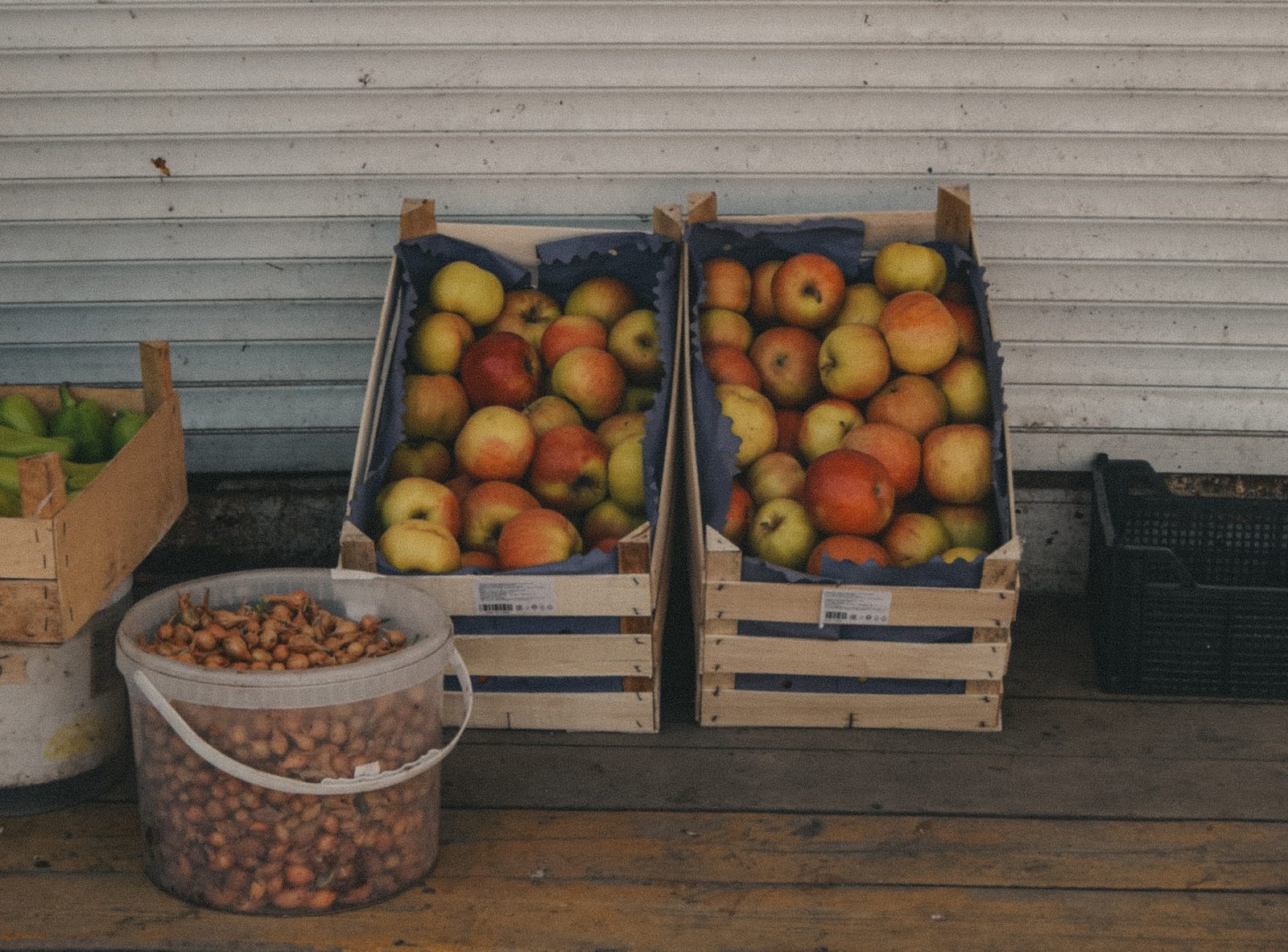The issue of food waste has become a growing concern among people. Most of the biggest stories in the country have adopted a new strategy that includes partnering with food banks and selling boxes of fruits and vegetables that would otherwise be thrown away due to their aesthetic defects or because they are leftovers from damaged packaging. One of the pioneers in this approach is Lidl.
Boxes of fruits and vegetables are sold at discounted prices by Albert, Globus, and Penny. However, buyers must be lucky as there is a high demand for these boxes at prices ranging from 20 to 30 Czech korunas for a few kilograms of produce.
While the boxes of fruits and vegetables sold at a discounted price in Melnik are not as aesthetically pleasing as advertised, they are still remarkable, considering the quantity of produce in each box. According to the spokesperson for Penny, Tomáš Kubík, their boxes of fruits and vegetables are unique as they include a mix of produce that varies according to what is currently available. The boxes are sold for 19.90 Czech korunas and can be found in over 50 stores nationwide.
Even though the reality of these boxes is different from their advertisement, the price is still unbeatable. There is a contrast between the promotional material and the reality of what buyers can expect. The author is not criticizing the stores actively trying to reduce food waste, a significant problem in the Czech Republic.
The issue of food waste is not unique to the Czech Republic
According to the United Nations, roughly one-third of the food produced worldwide is wasted, severely affecting the environment and the global economy. Many countries and organizations have recognized the importance of reducing food waste and are working towards solutions. In the Czech Republic, stores like Penny, Albert, and Globus seem to be taking steps in the right direction.
While the boxes of fruits and vegetables sold by significant stores in the Czech Republic may not look as aesthetically pleasing as advertised, they are still a great deal that can help reduce food waste. Adopting new strategies such as selling discounted produce and partnering with food banks and stores like Penny, Albert, and Globus significantly reduce food waste in the country.





